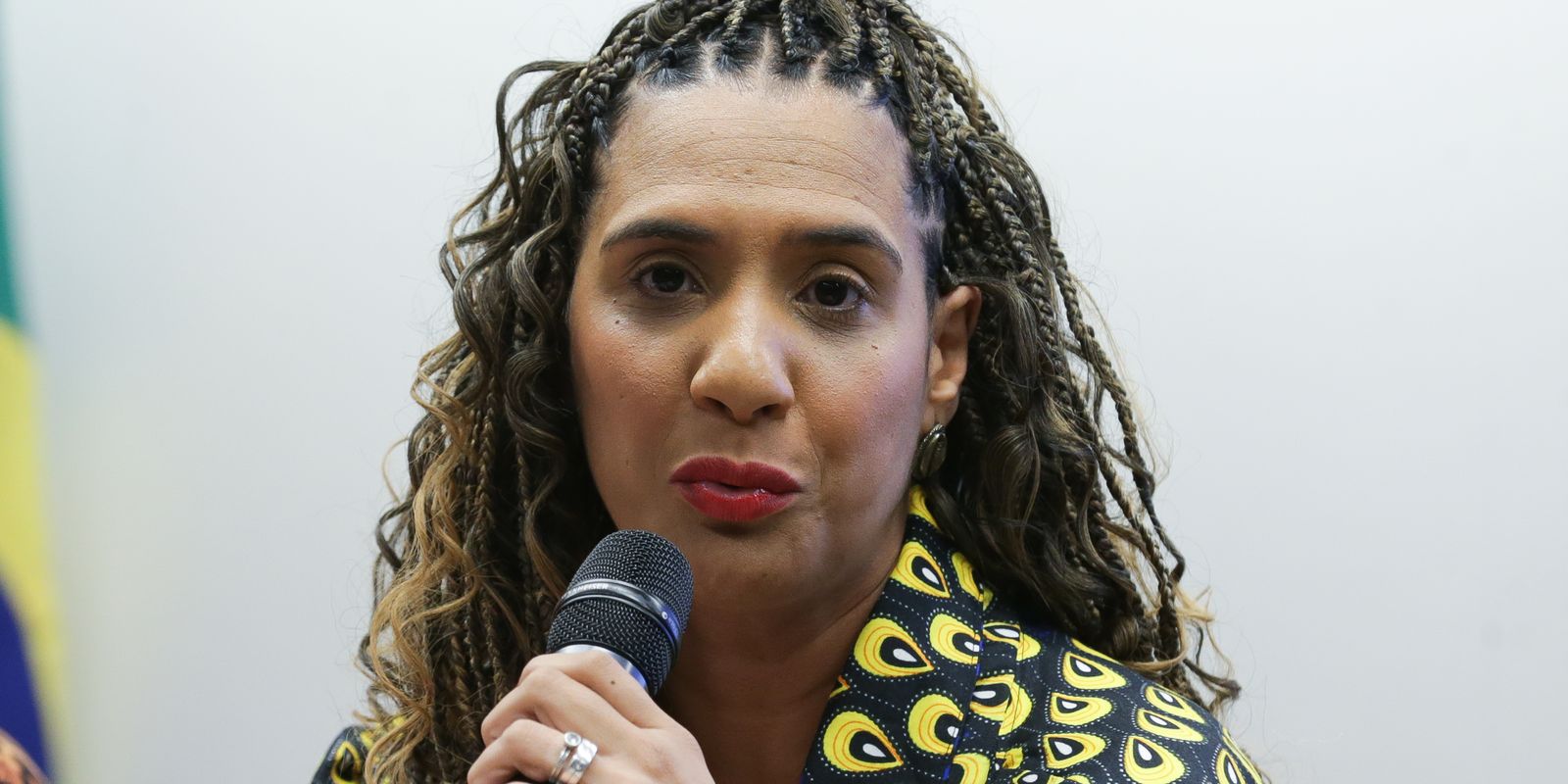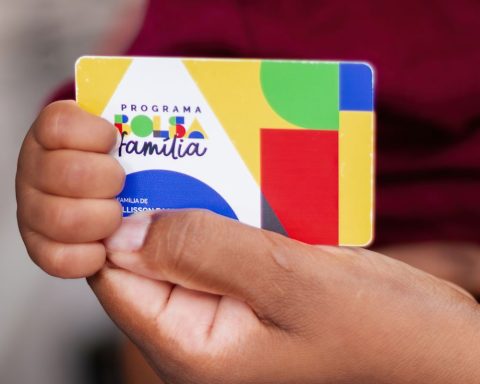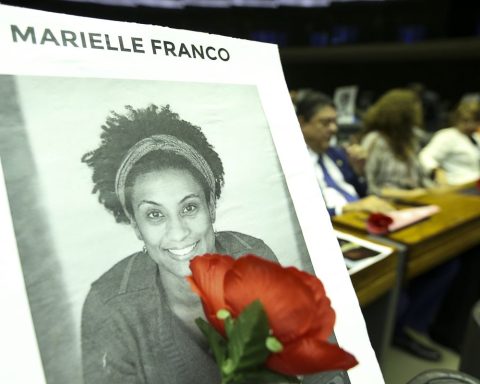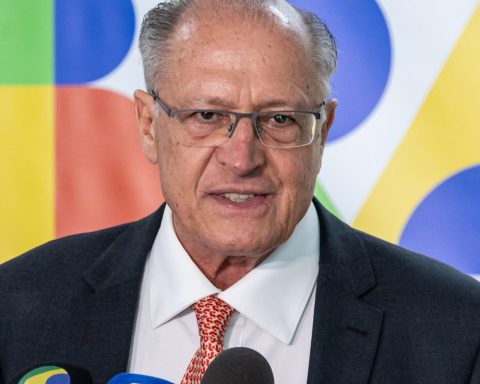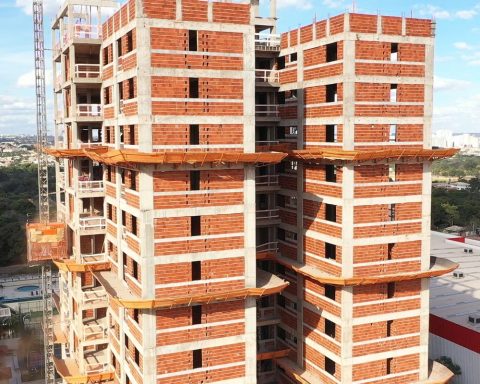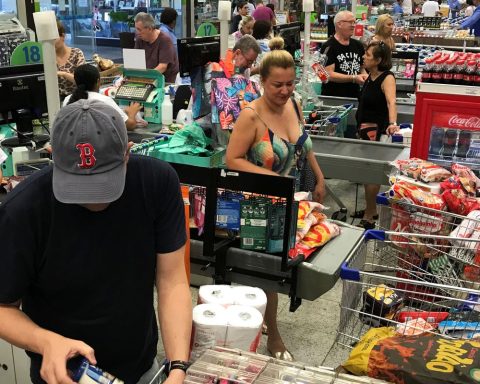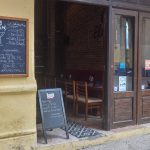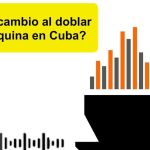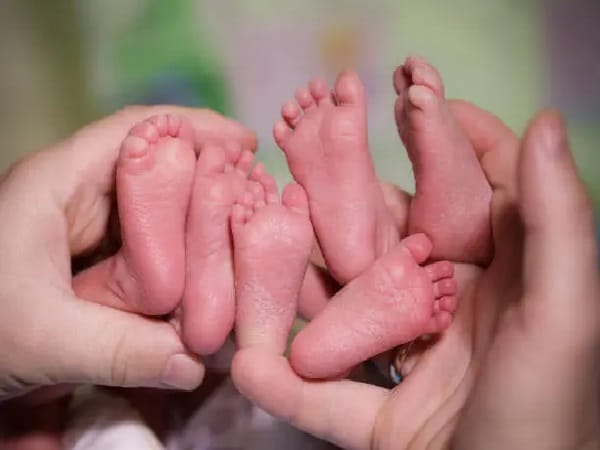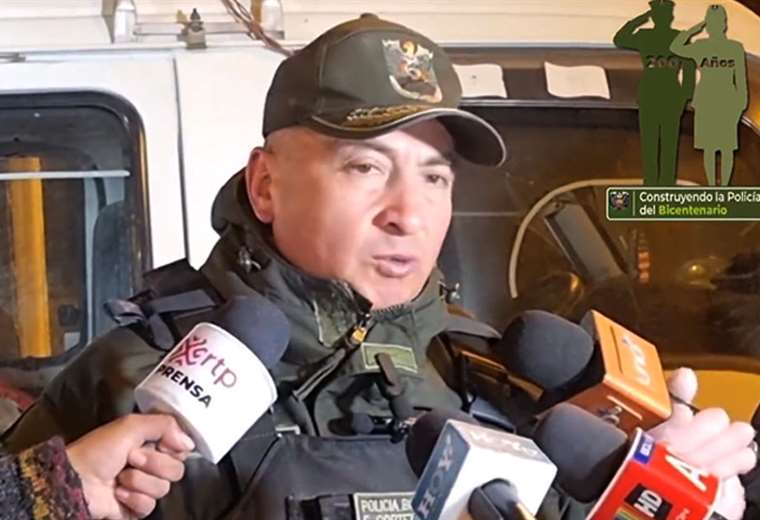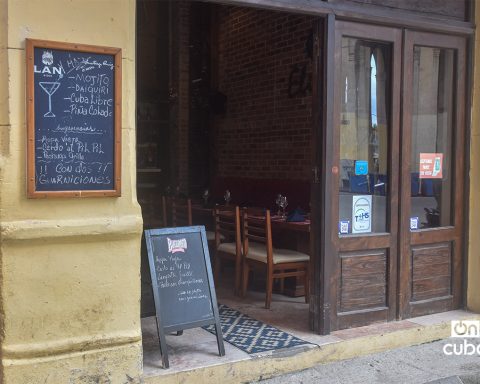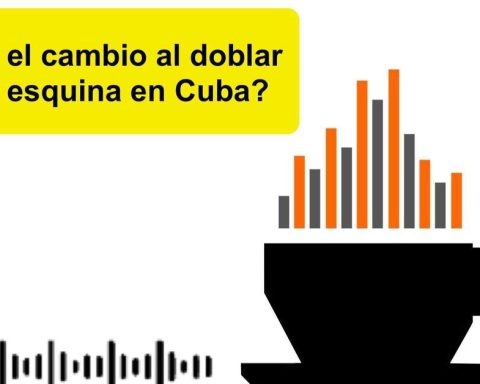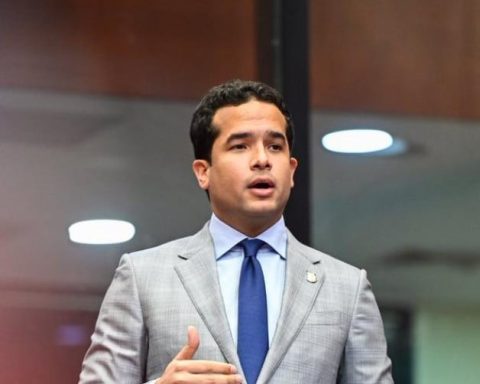The Marielle Franco Institute (IMF) and the Asociación de Mujeres Afrocolombianas are promoting, this Thursday (25), the 2nd Meeting of Congressmen and Political Leaders of Black Women 2024, with the theme Our strength moves Latin America. The event, which celebrates the International Day of Black Latin American and Caribbean Women, which aims to reinforce the fight against political violence based on gender and race, will be held at the Museum of Afro-Brazilian History and Culture (Muhcab), in Gamboa, the port region of Rio, with free admission.
The objective of the event is to intensify the debate on political violence and challenges to the political representation of black women in Latin America, taking advantage of the opportunity to discuss these issues in the Brazilian pre-electoral context, which is currently taking place.
The executive director of the Marielle Franco Institute, Lígia Batista, emphasizes that there are still many barriers to be overcome, but stresses that discussions are moving forward with the action of black movements. “Black movements in Latin America have had, and continue to have, a great responsibility to change power structures and fight for an agenda of rights, justice and dignity, particularly in Brazil and Colombia, countries with the largest percentage of black population in the world. However, there are still many obstacles that we face, largely due to the underrepresentation of black people, particularly women, in politics,” says Lígia, in a note from the IMF.
According to the institute, the representation of women (18%) and black people (26%) in politics increased after the 2022 elections, but the increase was “timid compared to the proportion of black people and women in the Brazilian population”. The IMF did not provide information on the previous representation.
The meeting will be attended by the Minister of Racial Equality, Anielle Franco, and federal deputies Erika Hilton (PSOL-SP), Talíria Petrone (PSOL-RJ), Reginete Bispo (PT-RS), Carol Dartora (PT-PR), Dandara Tontzini (PT-MG) and Daiana Santos (PCdoB-RS).
Among the representatives of Colombia who will participate in the meeting are political, business and social leaders, such as Yania Rivas Perea, Maria Victoria Palacios Romaña, Yisel Carabali Renteria, Iselis Cassiani, Marcia Santacruz, Dorina Hernández Palomino, Ana Rogelia Monsalve Álvarez, Astrid Sánchez Montes De Oca, Marelen Castillo Torres and Sandra de las Lajas Torres.
According to Lígia Batista, Colombia has been in internal conflict for over 50 years, and during this period, Afro-Colombian women and young women have been significantly affected. “This places them in a more vulnerable situation, subject to violence and without protection of their human rights. In this context, illegal armed actors recruit girls, young women and women with the aim of using them as domestic servants, war shields and sexual objects.”
According to the IMF, as a result, the situation of Afro-descendant girls, adolescents and women in that country has been marked by violence, stigmatization, racism and discrimination. The issue is made worse because in order to achieve an acceptable quality of life, they “face obstacles such as low levels of education, an identity weakened by racism, urban violence and a lack of life guarantees”, the institution highlights.
“To face such problems, there are organizational processes that serve as a refuge and instrument for Afro-Colombian women to join forces to achieve real change that improves their living conditions and changes this discriminatory and racist reality,” says Lígia.
She emphasizes that, in Brazil, the reality is not very different. “That is why we need to join forces to mitigate the lack of public policies that protect our women.” She also highlights the need to maintain an active network of parliamentarians and high-ranking representatives of the federal executive, which results in collaboration and political strengthening between the leaders of the two countries.
“It is necessary to develop a joint analysis of the political situation and strategies to confront political violence in both countries, in dialogue with civil society,” he adds.
Last year, in partnership between the Marielle Franco Institute and the Asociación de Mujeres Afrocolombianas, the then candidate for vice president of the country, Francia Marquez, carried out two agendas related to the construction of networks and exchange of experiences between women who were authorities and black social leaders, members of the Executive and Federal Legislative branches of the two countries.
In addition to a closed meeting with delegations of Brazilian and Colombian authorities, who shared their experiences, there was a Meeting of Afro-descendant Leaders. These events included social leaders from different territories in Colombia, as well as the official delegation from the Ministry of Racial Equality of Brazil and representatives from the Brazilian Embassy in Colombia and the Open Society Foundations in Africa and Latin America.
The event will begin at 6:00 p.m. this Thursday, with a musical reception, welcome and, followed by debates with activists, congressmen and Brazilian and Colombian authorities. The closing ceremony will be enlivened by the samba circle of the Odaraô group and, during the breaks, by DJ Rafé. For children’s entertainment, there will be a Coruja Space.
Anyone who goes there can also try out the gastronomy and bar space, coordinated by members of the D’Benguela Festival.
